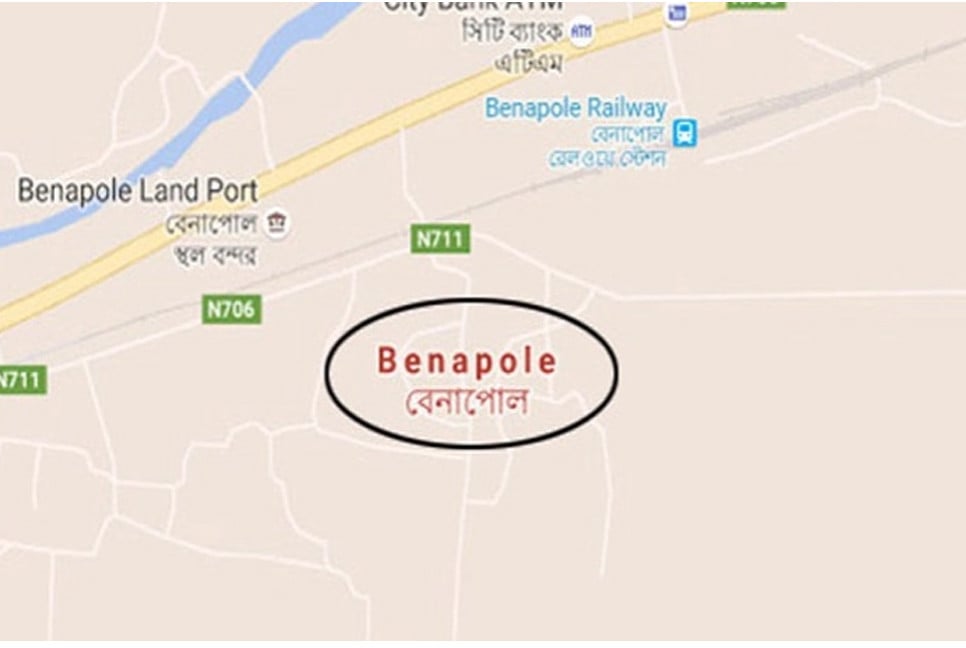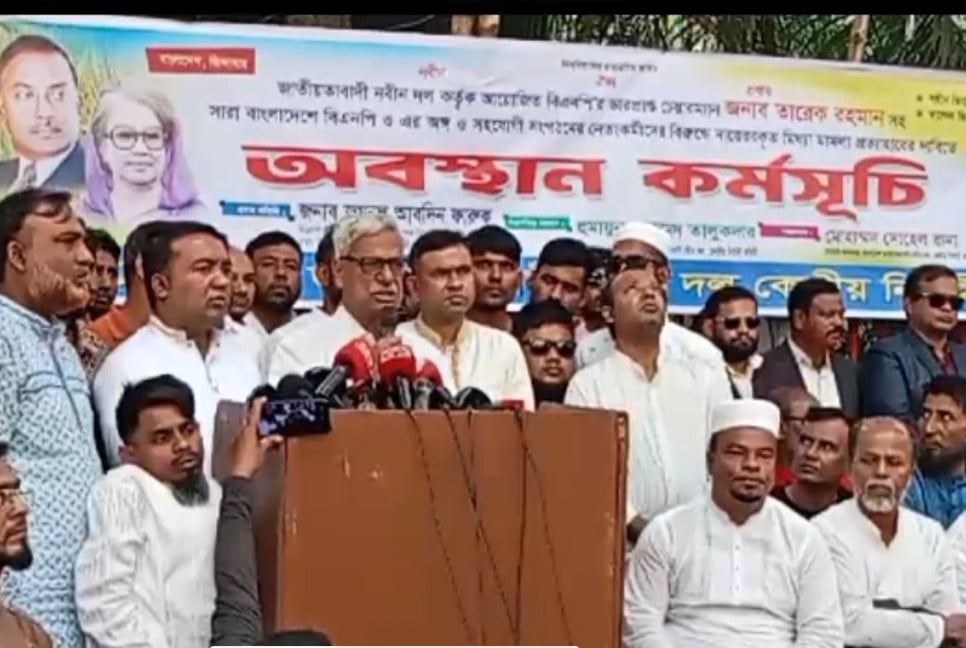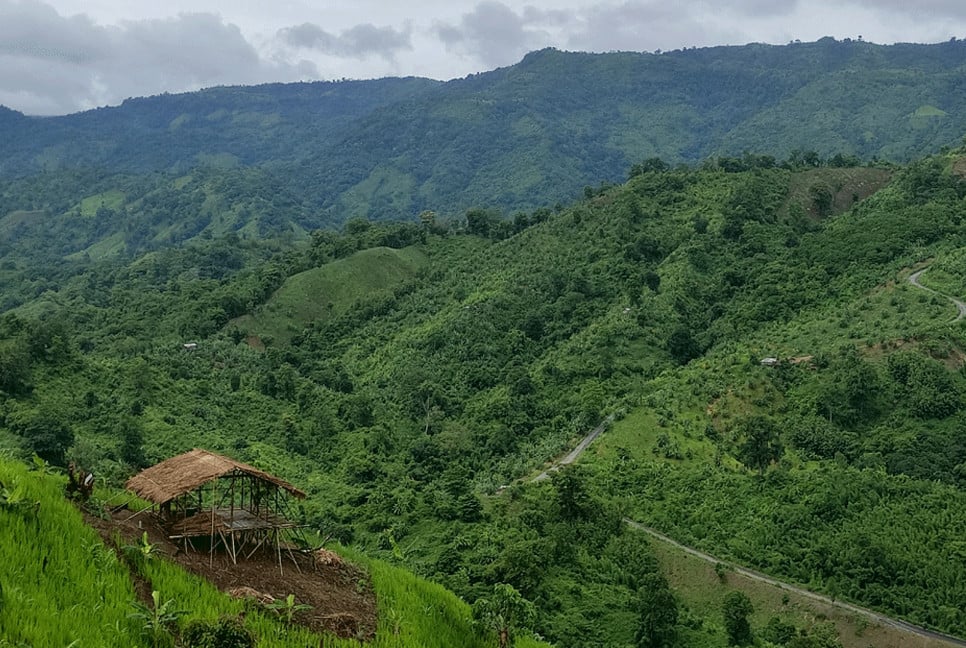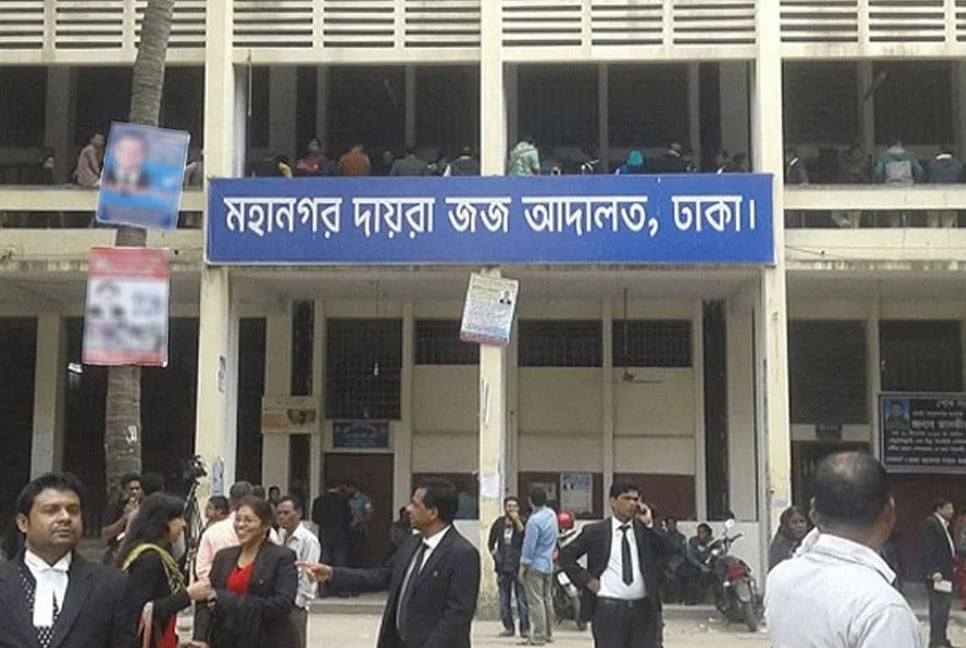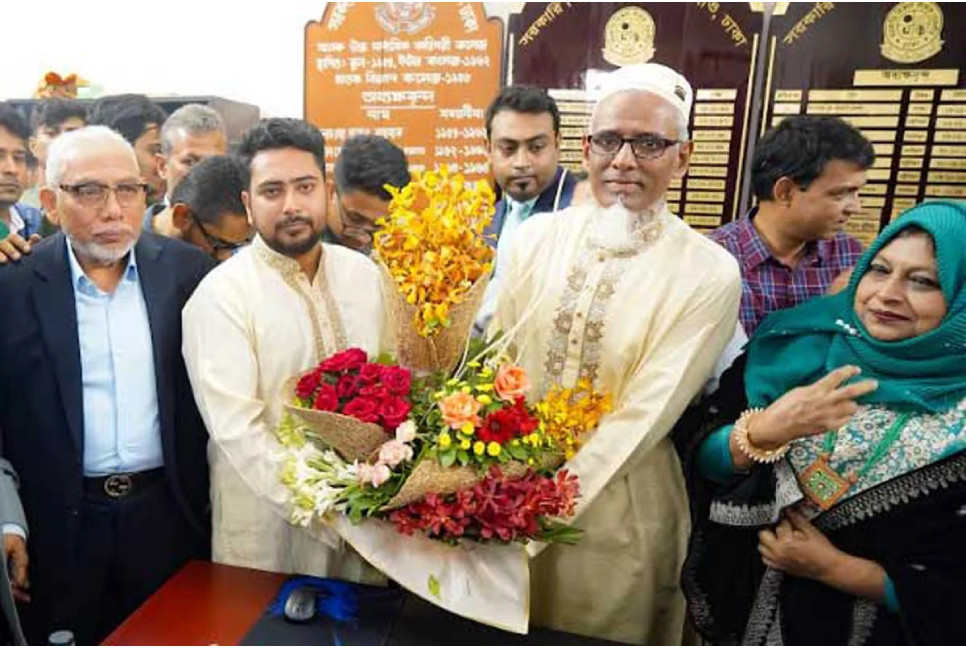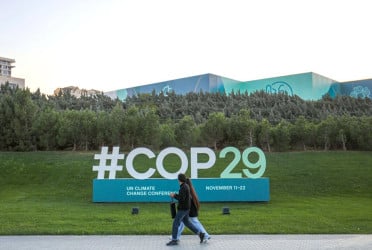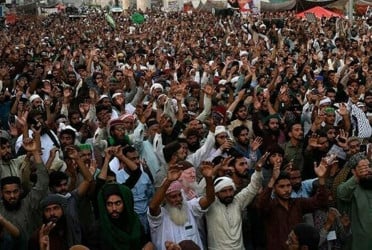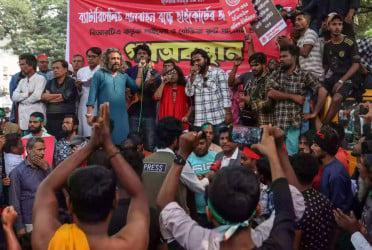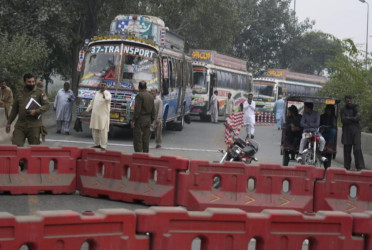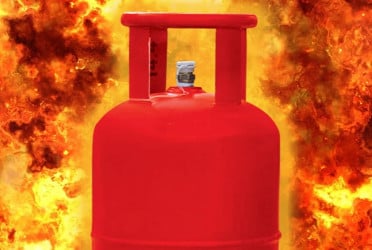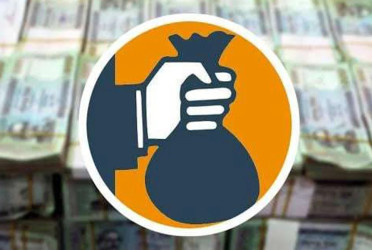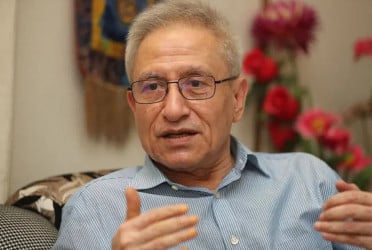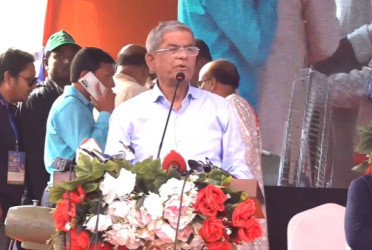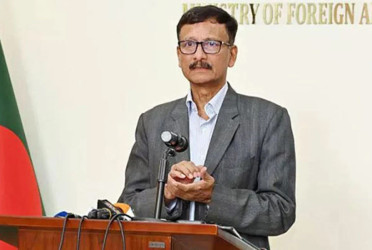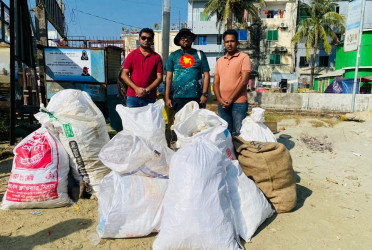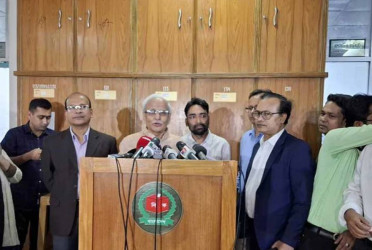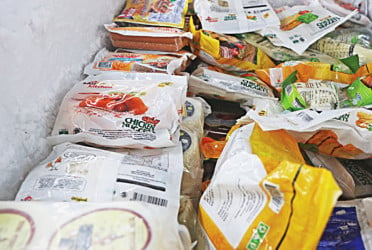The industrial sector in the country is in serious fuel crisis and the production costs are being increased a lot as an outcome of this crisis.
The businessmen said they’re not getting gas according to the demand and factories are suffering due to the shortage of electricity. As a result, the production capacity has been shrunk to 25 to 40%.
They’re in apprehension that this fuel crisis may threat the economy of the country as a whole.
Federation of Bangladesh Chamber of Commerce and Industry (FBCCI) president Md Jasim told The Bangladesh Pratidin the recent Covid-19 epidemic and Russia-Ukraine war has brought uncertainty in supply chain of fuel across the world. Besides, the abnormal price hike also hampered the usage of fuel. Industrial sector of the country is not getting sufficient gas and the sole dependency on gas in electricity generation has endangered the fuel security of the country. So, to recover from the crisis, the private sector should get priority in LNG from spot market.
Bangladesh Textile Mills Association (BTM) president Md Ali Khokon said due to gas crisis, around 60% of the textile mills are in danger. If the problems are not fixed soon and the fuel supply isn’t being normal, then many factories will be in the risk of shutting down.
He said the gas crisis worsened from last July. And from August, due to gas crisis, the textile mills in Fatulla, Rupganj, Araihajar of Narayanganj, Madhabdi of Narsingdi, Savar and Ashulia of Dhaka, Sripur of gazipur and Cumilla and Chattogram have saw at least 12 hours of gridlock per day. As a result, the factories can’t utilize more than 40% of their capacity.
Bangladesh Knitwear Manufacturers and Exporters Association (BKMEA) president Md Hatem said, “Due to gas crisis, the production of his factory went down under 50% of its capacity. In the absence of gas, the dying factories haven’t been able to supply fabrics timely and according to the demand. We talked to the government about the issue several times; however, not getting the assurance of overcoming from the tough situation.
Bangladesh Garments Manufacturers and Exporters Association (BGMEA) vice-president Shahidullah Azim said in addition to gas shortage, dollar crisis coupled with the decreasing demand of readymade garments wear in Europe we’re also in deep crisis. Production cost of those who have captive power plant rose as they had to continue production by purchasing fuel oil from the market. All of these reasons triggered decrease in production.
The businessmen and industrialists in the country think if the fuel crisis isn’t solved, the pressure on their paying off debt will be increased and many of them will be bankrupt.
They said due to local and international incidents, the entrepreneurs of the country are suffering a lot to run the production. Besides, inflation rose in the countries to which Bangladeshi exporters used to send products. So, the export orders have been decreased; the buyers in Europe and America are spending less due to worldwide economic stagflation. As a result, the export oriented sector and factories connected to them has been plunged into crisis.
According to Bangladesh Textile Mills Association, the cost of manufacturing per kg thread was 1 dollar 25 cents which has now become 2.50 dollars due to loss in production time in the factories. The ever-rising degree of load-shedding hampered the production of dying as well.
They think if government took mindful decisions earlier, then this situation may not occurred. Petro Bangla assured them about improvement in the situation from the starting of October. Conversely, the situation worsened either.
They apprehend that this crisis will be enlarged in next two months. If the situation isn’t improved, then the industry of 1 crore and 60 thousand dollars, where around 10 lakh people are engaged for their livelihood, will be in greater danger.
According to FBCCI with a view to ensure long-term fuel security, importance has to be given on discovering gas, increasing the use of coal in electricity generation and implementing low-cost fuel mechanism. The factories have to find out the alternative of oil and give importance to coal, LPG and bio-gas.
They welcome the decision to suspend the production activities of diesel-based power plants and reduce the office work-hours and become thrifty in using ACs. The urged the government to supply uninterrupted electricity admitting the fact that load shedding is an undeniable factor in the country.
@The news was published on print and online versions of The Bangladesh Pratidin on October 28, 2022 and rewritten in English by Lutful Hoque


